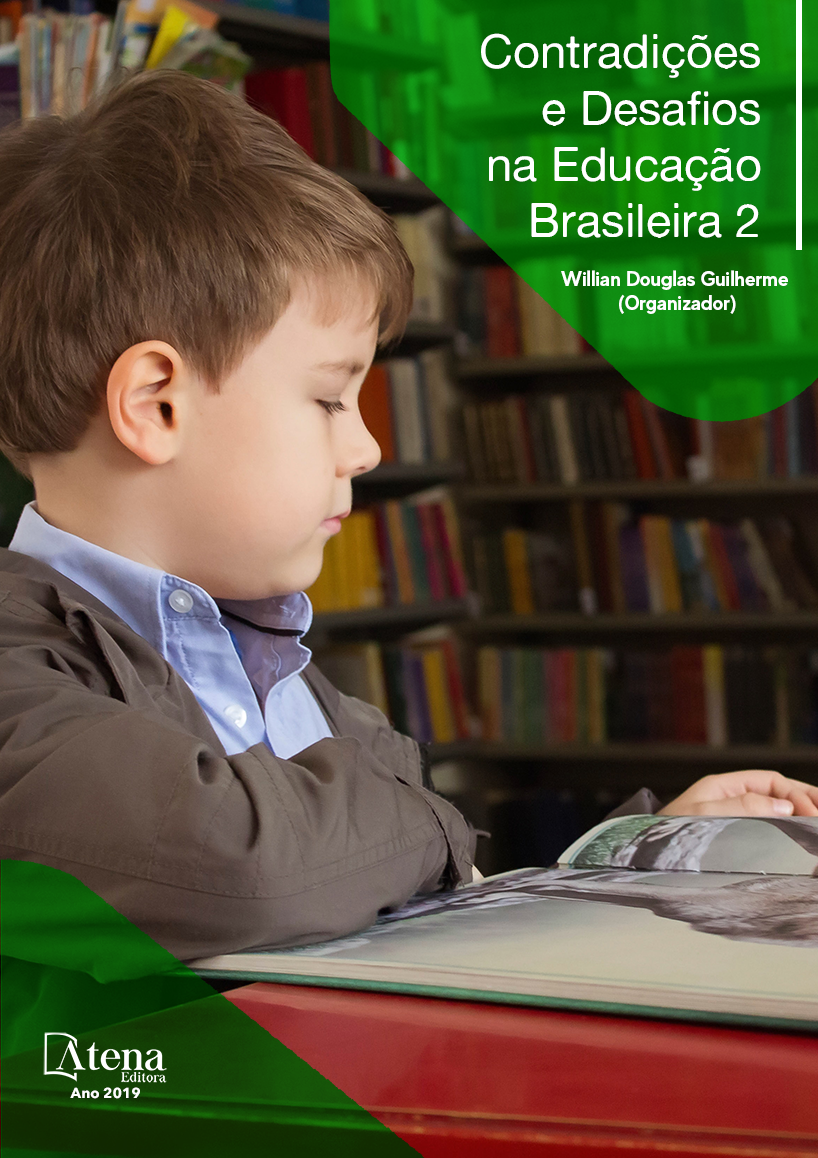
A IMPORTÂNCIA DA TEORIA CRÍTICA DO CURRÍCULO PARA UMA EDUCAÇÃO CIDADÂ
visando evidenciar as contribuições
da teoria crítica do currículo para a uma
educação cidadã, elaborou-se o presente
artigo como requisito avaliativo da disciplina
Currículos e Programas, ministrada no curso de
Pedagogia da Universidade Federal do Pará,
campus de Castanhal. Para tanto, desenvolveuse
uma pesquisa bibliográfica, circunscrita
a alguns autores do campo do currículo,
especialmente àqueles que ao longo da história
da teoria curricular problematizaram o currículo
enquanto instrumento ideológico, político e
interessado. Dentre esses autores, destacaramse:
Apple (1982), Giroux (1986), Moreira e Silva
(2001), Silva (2002), Sacristán (2000; 2013) e
Macedo (2009). Ao afirmarem que o currículo
é um artefato sociocultural e histórico, prene
de ideologia e poder, capaz de materializar
interesses diversos e formar identidades,
os teóricos críticos do currículo, negam sua
neutralidade e seu caráter puramente técnico e
atemporal. Concebendo-o como um instrumento
central da educação escolar, por meio do qual os
conhecimentos são transmitidos e as finalidades
socioeducacionais são alcançadas, veem a
necessidade do currículo escolar ser construído
pela comunidade educativa, de modo a abordar
não somente o conhecimento oficial, mas os
saberes, culturas e identidades das classes e
grupos historicamente silenciados, apontando
para uma pedagogia critica e problematizadora
da realidade a ser estudada, a qual deve partir da
realidade sociocultural do aluno e a ela retornar
em forma de intervenção transformadora.
A IMPORTÂNCIA DA TEORIA CRÍTICA DO CURRÍCULO PARA UMA EDUCAÇÃO CIDADÂ
-
DOI: 10.22533/at.ed.74319010613
-
Palavras-chave: Currículo. Teoria crítica. Educação. Cidadania.
-
Keywords: Curriculum. Critical theory. Education. Citizenship
-
Abstract:
aiming to highlight the contributions
of critical curricular theory to a citizen education,
this article was elaborated as an evaluation
requirement of the Resumes and Programs
discipline, taught in the Pedagogy course of
the Federal University of Pará, Campus of
Castanhal. For this, a bibliographical research
was developed, limited to some authors of the
field of the curriculum, especially to those that
throughout the history of the curricular theory
problematized the curriculum as ideological,
political and interested instrument. Among
these authors, the following stand out: Apple
(1982), Giroux (1986), Moreira e Silva (2001),
Silva (2002), Sacristán (2000, 2013), Macedo
(2009), Carvalho ) and Rego (2009). By stating that the curriculum is a socio-cultural
and historical artifact, prene of ideology and power, capable of materializing diverse
interests and forming identities, critical curriculum theorists deny its neutrality and its
purely technical and timeless character. Conceived as a central instrument of school
education, through which knowledge is transmitted and socio-educational purposes
are achieved, they see the need for the school curriculum to be constructed by
the educational community, in order to address not only official knowledge, but the
knowledge, cultures and identities of historically silenced classes and groups, pointing
to a critical and problematizing pedagogy of the reality to be studied, which must start
from the socio-cultural reality of the student and to return it in the form of transformative
intervention.
-
Número de páginas: 15
- Rosilandia de Souza Rodrigues
- Madison Rocha Ribeiro


